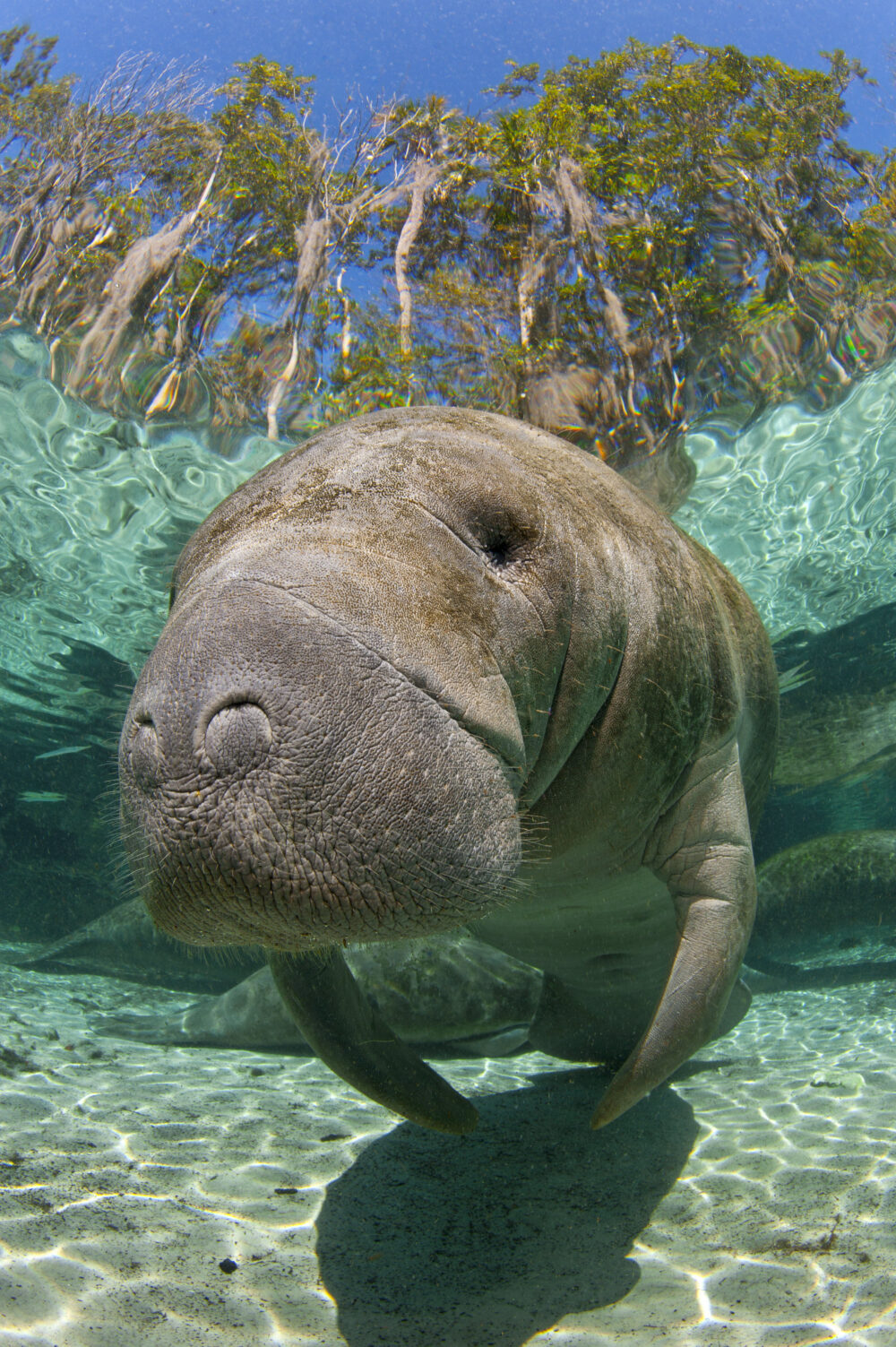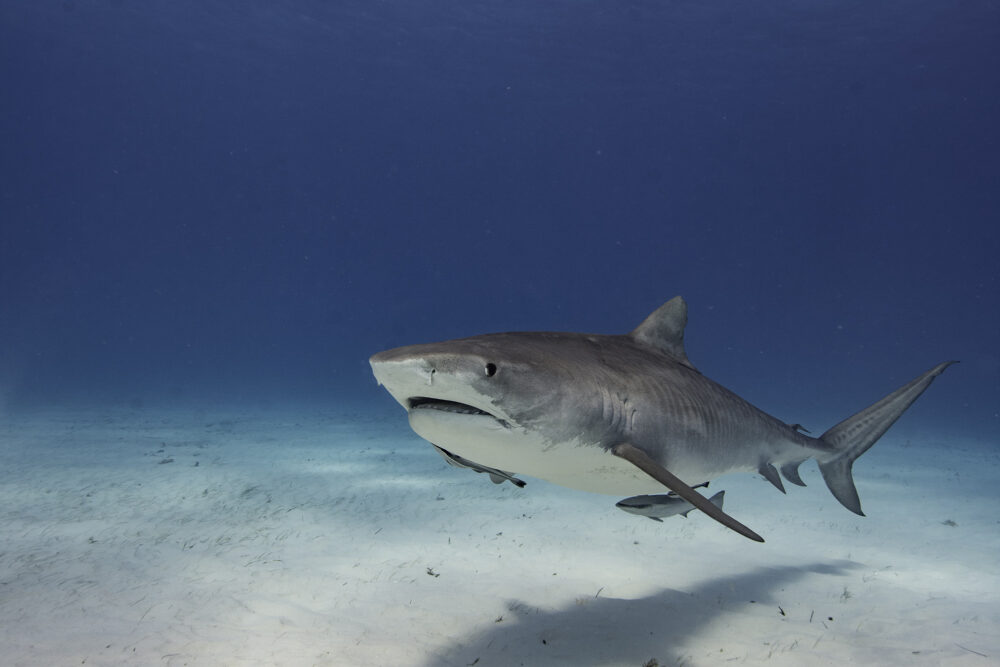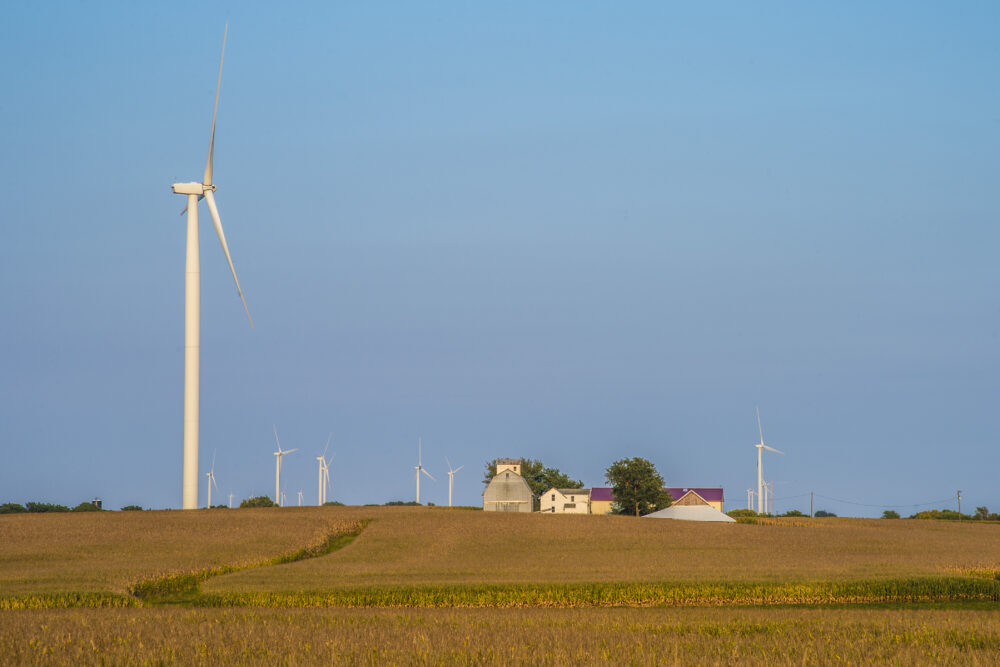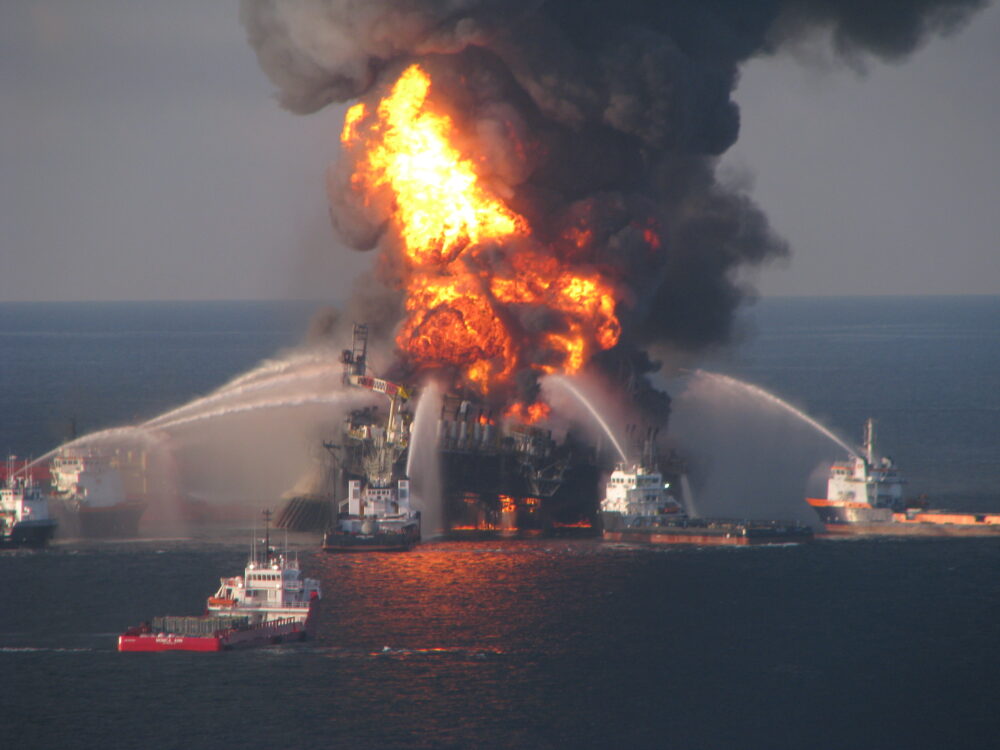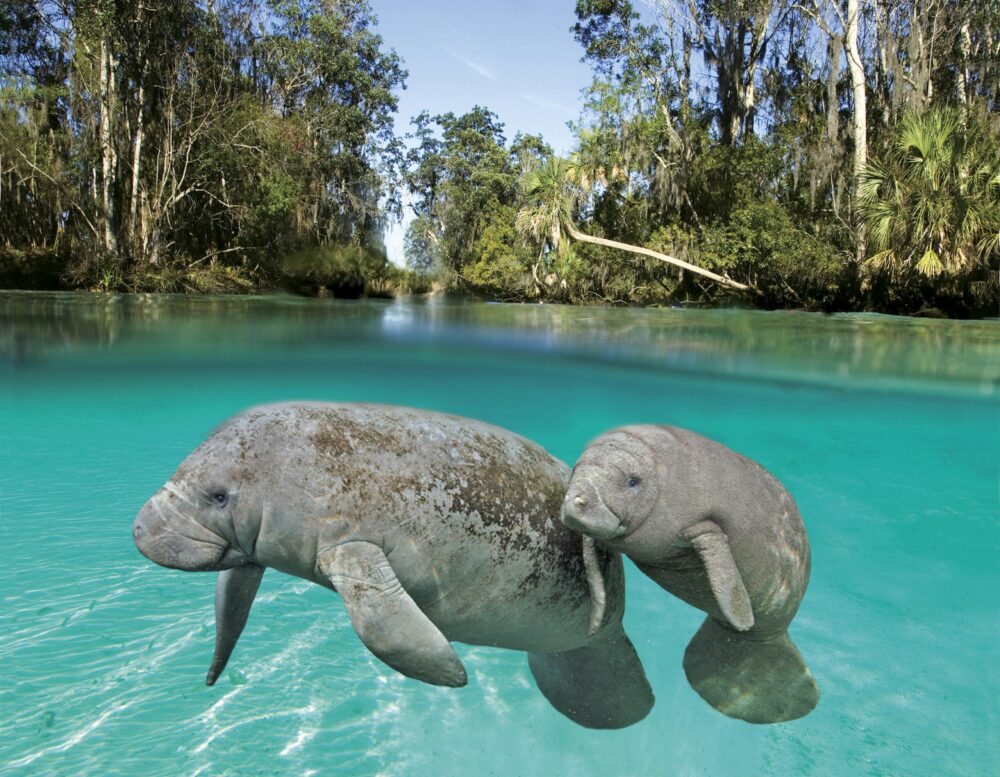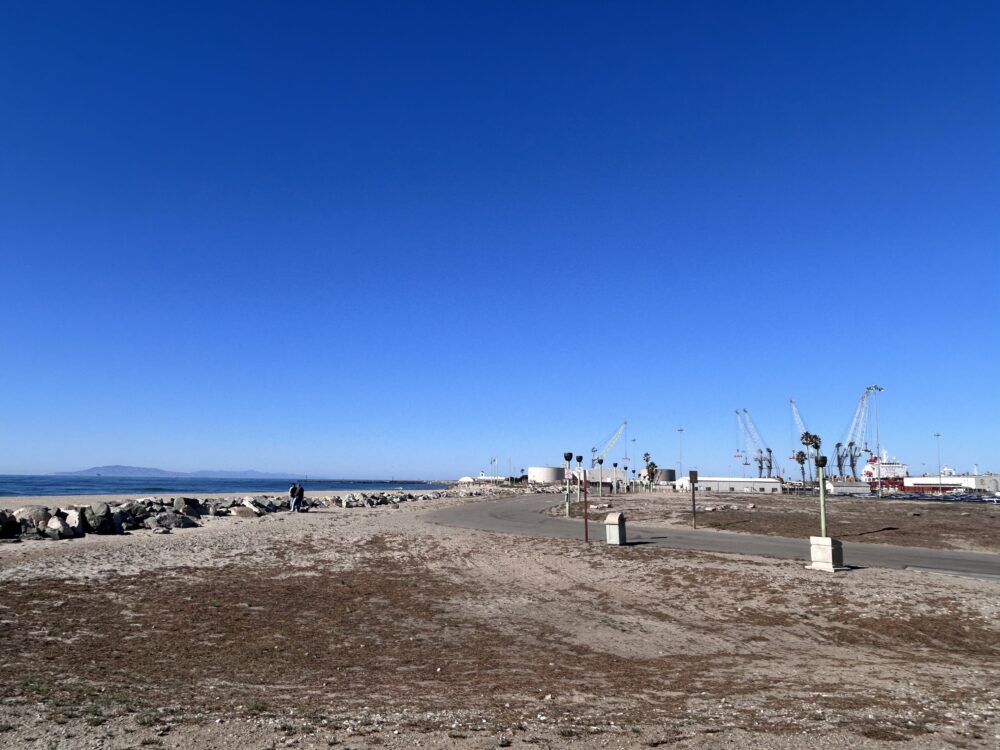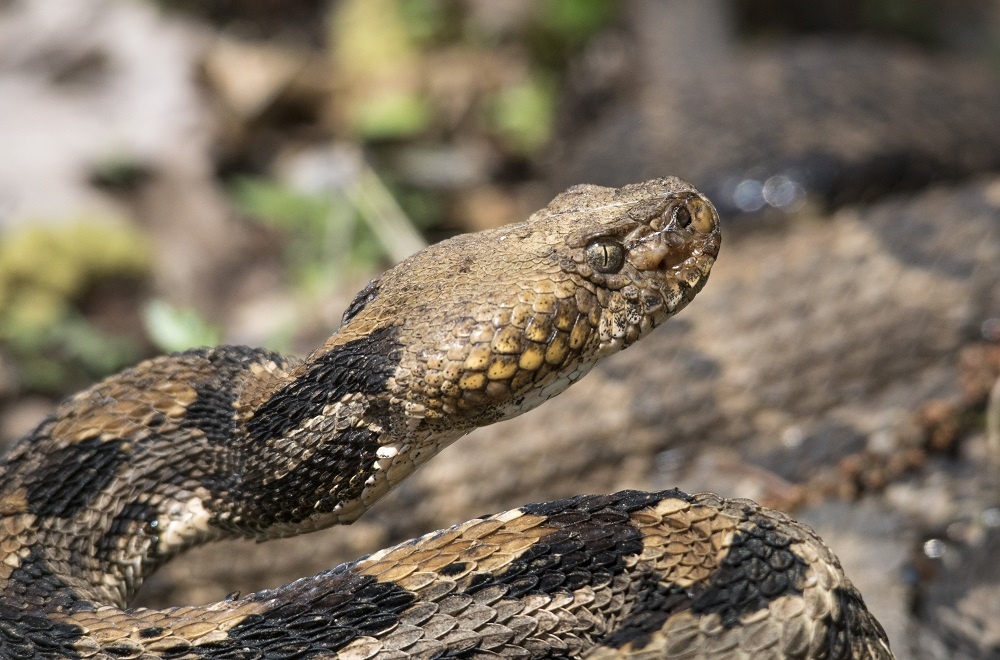We have much more to do and your continued support is needed now more than ever.
Science Links Dolphin Deaths to BP Oil Spill – Again
Five years after the Deepwater Horizon rig exploded, dolphins in the oiled area are still dying in high numbers.
The evidence was already quite strong that BP’s oil was to blame for these ongoing deaths. A 2013 study found that dolphins in Louisiana’s Barataria Bay have symptoms consistent with oil exposure—such as unusual lung damage and teeth that are falling out. Nearly half the dolphins examined were very ill; seventeen percent of the dolphins were not expected to survive.
“It is related to oil,” Lori Schwacke, the study’s lead author and a wildlife epidemiologist at the National Oceanic and Atmospheric Administration told the Wall Street Journal. “The weight of evidence is there.”
And a new study on the ongoing dolphin deaths in the northern Gulf should make it even more difficult for BP to continue to deny its culpability. For years, the oil giant’s key defense was that dolphin deaths were also elevated in February and March of 2010—two months before the rig exploded.
However, the study establishes that the 26 dolphins found in Louisiana’s Lake Pontchartrain in the months before the spill had “tell-tale skin lesions” caused by fresh water and were exposed to unusually cold weather. There is no evidence that these deaths are in any way related to the ongoing streak of dolphin deaths across the northern Gulf.
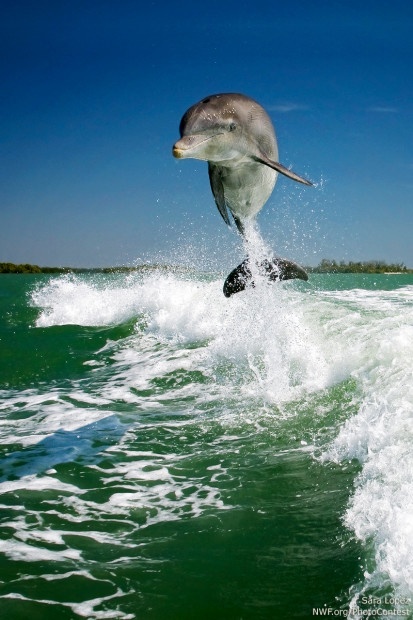
This new study identified three additional groupings of deaths that occurred after the spill. These groupings were consistent with the “timing and spatial distribution” of the oil spill, and may have had “different contributing factors.” In 2010 and 2011, dolphins in Louisiana’s Barataria Bay had the longest duration of high numbers of dead dolphins. This is no surprise given the previous study showing the grave illness in dolphins in this same area.
A few additional indications that BP’s oil is behind the ongoing wave of dolphin deaths:
- Dolphins and whales off the Louisiana coast – which received nearly all of the oil that came to shore – died at four times higher than average rates in 2014.
- Areas with little-to-no known oiling in Texas and Florida do not have elevated numbers of dolphin deaths.
- The most common causes of previous waves of dolphin deaths – morbillivirus or brevetoxicosis – are not likely to be a factor in the current deaths.
- NOAA has not yet stated the definitive cause of the deaths, but is primarily investigating the role of the Deepwater Horizon.
Ryan Fikes, NWF’s Gulf restoration scientist, said, “The more we learn, the more clear that it becomes that the BP oil spill is continuing to impact wildlife in the Gulf of Mexico. BP executives need to quit bashing the science—and the scientists—and accept the company’s responsibility. It’s time for BP to quit stalling so we can get started restoring the Gulf.”
![]() Tell BP to accept its responsibility and quit dragging things out in court!
Tell BP to accept its responsibility and quit dragging things out in court!





